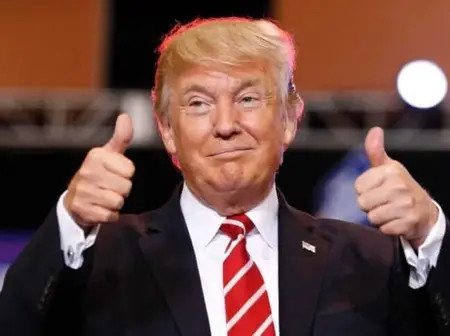Under the Trump administration’s recently enacted One Big Beautiful Bill Act, most non-immigrant visitors to the United States will be required to pay a new $250 “Visa Integrity Fee.”
On July 4, 2025, President Trump signed the One Big Beautiful Bill Act, which introduced a new $250 permanent “Visa Integrity Fee” for almost all non‑immigrant visas—including tourist (B‑1/B‑2), student (F/M), exchange (J), and temporary work (H‑1B, H‑2B, etc.) categories.
The fee is non-waivable, added on top of existing visa application costs, and will be adjusted annually for inflation beginning in fiscal year 2026.
It enters into force starting the 2026 fiscal year, which begins on October 1, 2025, though exact implementation details remain unsettled.
Travelers from Visa Waiver Program countries (e.g., UK, Germany, Japan, etc.), and most Canadians and Bermudans, are exempt if they use visa‑free entry up to 90 days. But travelers from those same countries needing longer-term or special visas will still pay the fee.
A partial refund may be possible—but only for travelers who fully comply with visa rules (e.g. depart on time or adjust status), and only after the visa expires. The actual refund process hasn’t been defined yet and is expected to be slow and inflexible
What Is the Visa Integrity Fee?
Who Has to Pay?
Almost all non-immigrant visa applicants, unless exempted.
Exemptions include:
When Does It Start?
The fee takes effect on October 1, 2025 (start of U.S. fiscal year 2026).
It will be adjusted for inflation annually starting in 2026.
Potential Impacts
Refund Possibility
Some travelers may be eligible for a partial refund, but only if they:
Bottom Line
The Visa Integrity Fee is a major shift in U.S. immigration policy that adds a significant financial burden for many travelers, students, and workers. It’s designed to help fund visa enforcement and compliance efforts, but it’s already drawing criticism for its potential economic and diplomatic fallout.

Leave a Reply